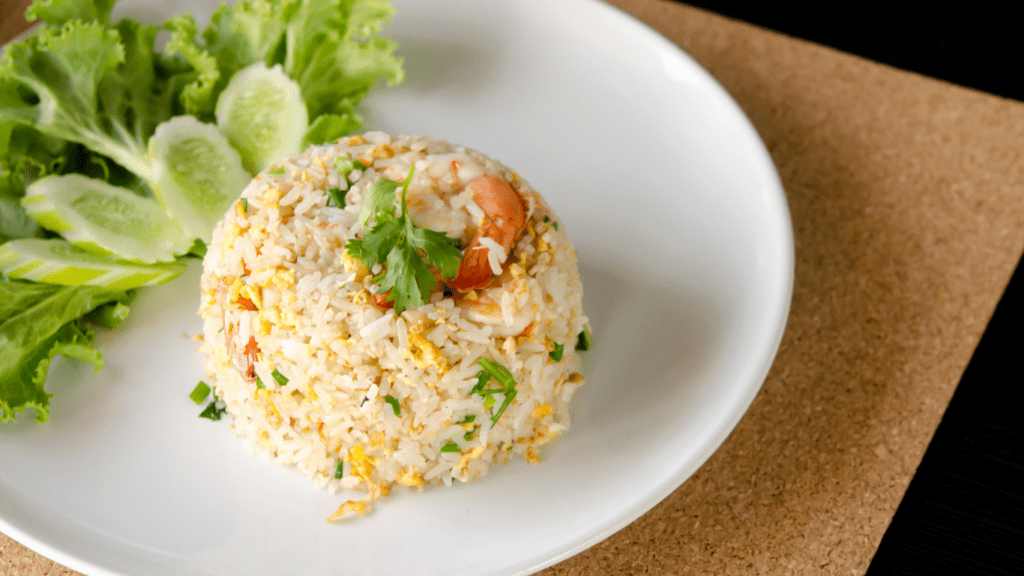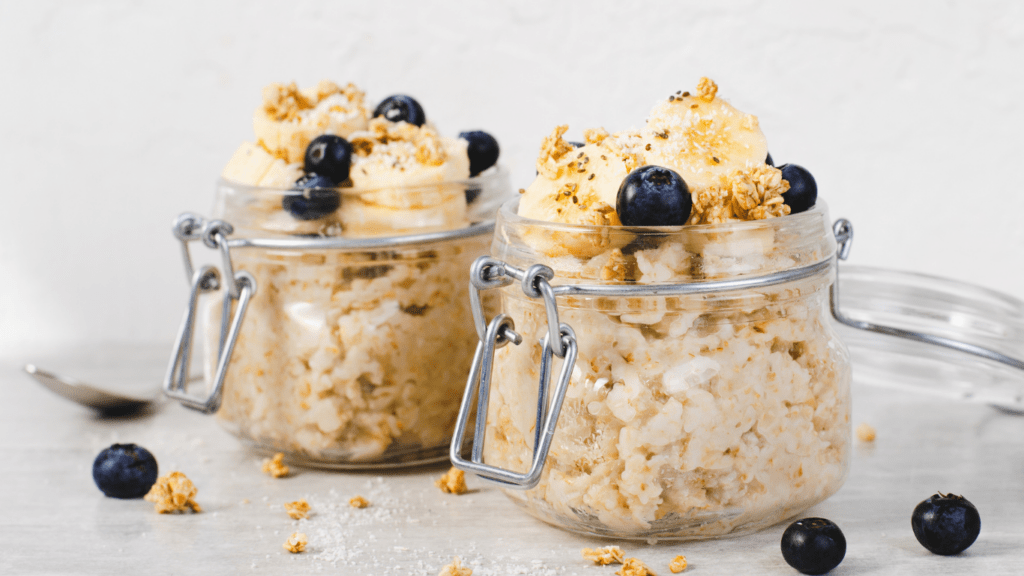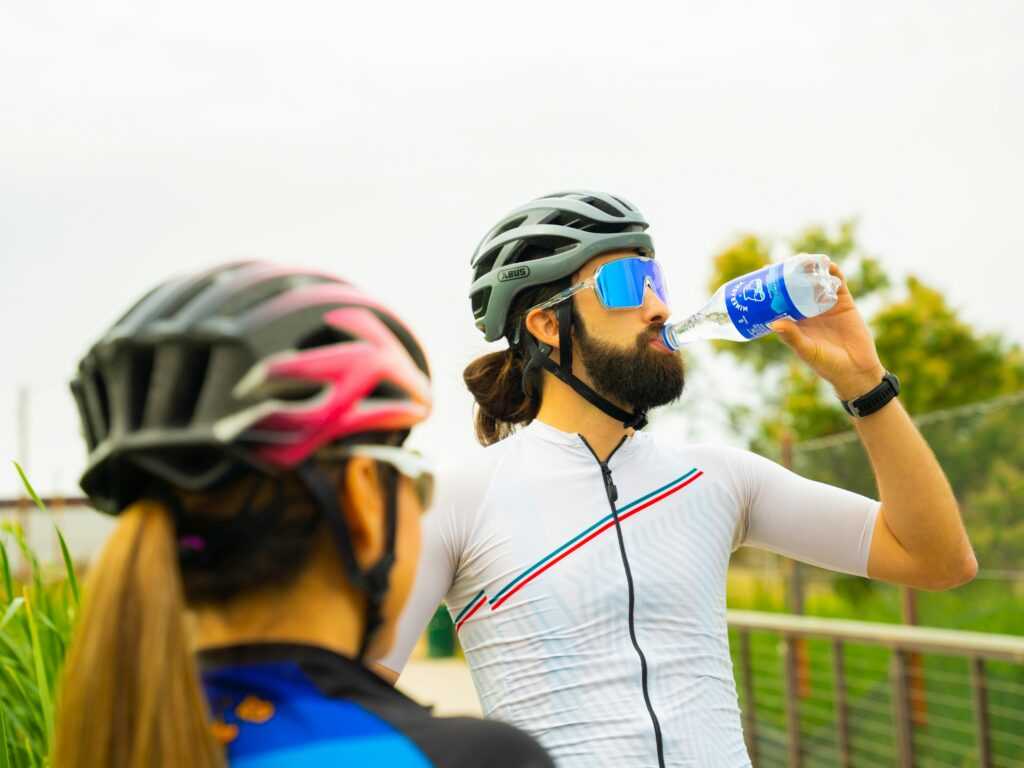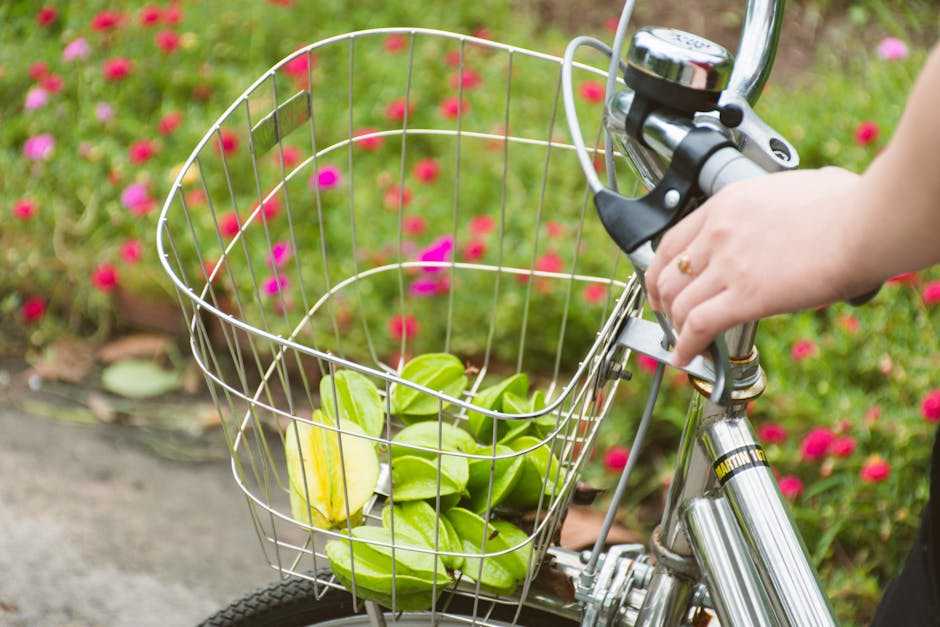Understanding the Link Between Cycling and Carbohydrate Intake
Carbohydrates play a crucial role in cycling performance. They provide the primary fuel source needed to sustain energy levels during rides.
Why Carbs Matter for Cyclists
Carbs matter for cyclists because they quickly convert to glucose, providing rapid energy. This becomes vital during high-intensity intervals.
Complex carbs like:
- oats
- whole grains
offer sustained energy over longer periods. This helps avoid fatigue on extensive rides. Simple carbs, such as fruits and gels, offer quick boosts and are ideal before or during intense sessions.
These different carb types ensure cyclists have a balanced energy source tailored to various riding needs.
How Your Body Uses Carbs During Cycling
During cycling, your body breaks down carbs into glucose. Muscles then absorb this glucose to produce adenosine triphosphate (ATP), the energy required for muscle contractions.
Glycogen stored in muscles and liver gets depleted during extended rides, making continuous carb intake crucial. If carb intake stops, glycogen stores deplete, leading to reduced energy and possible “bonking.”
Maintaining a steady supply of carbs ensures sustained energy, delaying fatigue, and optimizing performance.
Optimal Carb Intake Before, During, and After Cycling

Proper carb intake is key to sustaining energy levels and enhancing cycling performance. Here’s how to optimize carb consumption before, during, and after your ride.
Pre-Ride Nutrition
Consume complex carbs for sustained energy and stable glucose levels. Aim for 2-3 grams of carbs per kilogram of body weight 3-4 hours before cycling. Foods like whole grains and oatmeal work well.
For a quick boost, add simple carbs like fruit 30 minutes before starting.
On-the-Bike Nutrition
Maintain energy with a mix of simple and complex carbs. For intense rides, consume 30-60 grams of carbs per hour. Use energy gels, bananas, and sports drinks.
Ensure consistent intake to prevent glycogen depletion and delay fatigue.
Post-Ride Recovery and Carbs
Replenish glycogen stores within 30 minutes. Aim for 1-1.5 grams of carbs per kilogram of body weight. Combine with protein for effective muscle recovery.
Options include chocolate milk and recovery shakes.
Choosing the Right Carbs for Cycling
Selecting the appropriate carbs is essential for maintaining energy levels and maximizing cycling performance. Various carbs affect energy differently, making it crucial to understand their roles.
Simple vs. Complex Carbohydrates
Simple carbs, like those in fruits, honey, and sports drinks, provide quick energy. These carbs break down fast, supplying glucose to muscles rapidly.
Use them during or just before rides to combat fatigue.
Complex carbs in whole grains, vegetables, and legumes digest slowly. These carbs offer sustained energy, making them ideal for meals several hours before a ride.
They help prevent glycogen depletion over prolonged periods.
Recommended Carb Sources for Cyclists
Ideal carb sources enhance endurance and recovery.
- Oats: Rich in beta-glucan, providing long-lasting energy.
- Sweet Potatoes: Packed with vitamins and slow-releasing carbs.
- Bananas: Quick energy and high potassium to reduce cramps.
- Brown Rice: Steady energy and easy digestion.
- Quinoa: Contains all essential amino acids and energy-sustaining carbs.
- Dried Fruits: Convenient source of quick carbs and minerals during rides.
Hydration and Carbohydrates
Hydration is crucial for any cyclist. The combination of water and carbohydrates enhances performance and prevents fatigue.
The Role of Electrolytes
Electrolytes, like sodium and potassium, are vital in maintaining fluid balance. They regulate muscle function and nerve signaling. During intense rides, sweating causes electrolyte loss.
To replenish them, I consume drinks with sodium, potassium, and magnesium. Electrolyte imbalance can lead to cramps and decreased performance.
Balancing Hydration with Carbohydrate Intake
Balancing hydration with carbohydrate intake ensures optimal energy levels. Combining carbs and fluids during a ride keeps blood sugar stable and prevents dehydration.
I mix sports drinks with a 6-8% carbohydrate concentration to maintain this balance. Drinking too much plain water dilutes sodium levels, risking hyponatremia. Integrating carbs into the hydration plan sustains endurance and enhances recovery.
By strategically managing hydration and carbohydrate intake, I maintain peak performance and avoid fatigue on long rides.

 I'm Daniel Leverette, and I’m excited to be part of the incredible team at Cycle Smooth Ride Long. Cycling has always been a passion of mine, and now, I get to share that passion with you by bringing expert insights, reviews, and tips to help you elevate your ride.
At Cycle Smooth Ride Long, we believe that every cyclist deserves the best experience, whether you’re hitting the pavement for a casual ride or gearing up for an intense training session. My goal is to ensure that you have the knowledge and tools you need to enjoy every mile, from choosing the right gear to optimizing your nutrition and fitness.
I'm Daniel Leverette, and I’m excited to be part of the incredible team at Cycle Smooth Ride Long. Cycling has always been a passion of mine, and now, I get to share that passion with you by bringing expert insights, reviews, and tips to help you elevate your ride.
At Cycle Smooth Ride Long, we believe that every cyclist deserves the best experience, whether you’re hitting the pavement for a casual ride or gearing up for an intense training session. My goal is to ensure that you have the knowledge and tools you need to enjoy every mile, from choosing the right gear to optimizing your nutrition and fitness.
